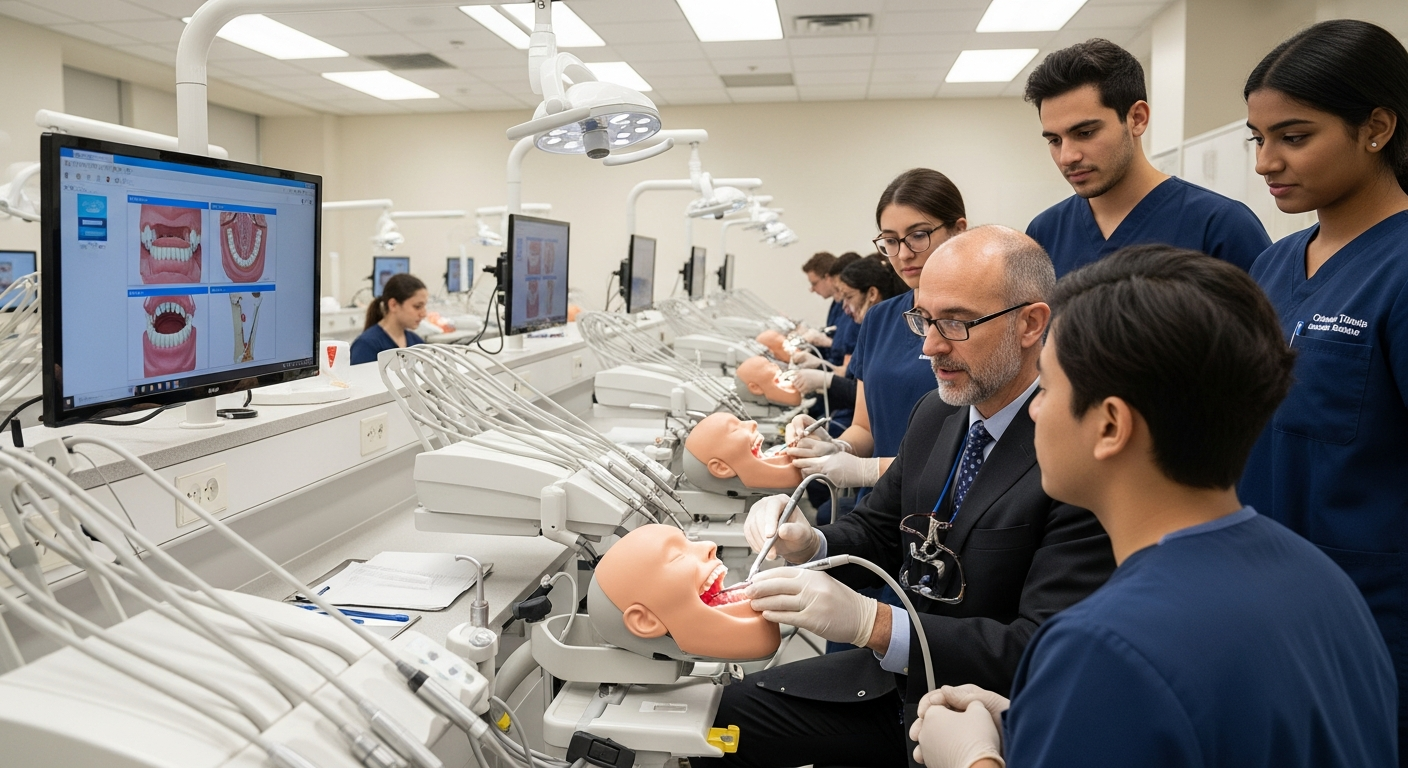Transforming Career Paths With Strength-Based Development
The first paragraph (Introduction): In an ever-changing job market, understanding one's strengths can be a game-changer. Strength-based development, a unique approach that encourages individuals to focus on their innate skills rather than improving weaknesses, is emerging as a powerful tool in career progression. This article delves into this innovative strategy, examining its historical context, current implications, and potential for future growth.

A Historical Look at Strength-Based Development
Traditionally, career development was focused on identifying and improving areas of weakness. However, in the mid-20th century, a paradigm shift initiated by the positive psychology movement led to the inception of strength-based development. This approach emphasizes the identification and utilization of individual strengths to improve performance and satisfaction.
The Current Implications of Strength-Based Development
In today’s job market, strength-based development is gaining increasing recognition. It’s seen as a tool for employees to excel in their roles by leveraging their natural abilities. For employers, this development strategy leads to higher engagement, productivity, and retention rates. Research has shown that employees who use their strengths every day are six times more likely to be engaged on the job.
Strength-Based Development: A Closer Look at the Benefits
Strength-based development offers numerous benefits. It aids in creating a positive work environment, encourages personal growth, and promotes job satisfaction. By focusing on strengths, individuals can reach their full potential and contribute more effectively to their teams. Moreover, it empowers them to make informed career decisions that align with their abilities and passions.
The Challenges and Real-World Applications
Like any strategy, strength-based development has its challenges. It requires a shift in mindset from focusing on weaknesses to celebrating and leveraging strengths. There can be resistance to this new approach, and finding the right balance between improving weaknesses and developing strengths can be tricky. However, real-world applications have proven its effectiveness. For instance, organizations like Google and Gallup have implemented strength-based practices, reporting increased employee engagement and productivity.
Preparing for the Future: Strength-Based Development and Career Advancement
As industries continue to evolve, strength-based development is likely to play a significant role in career advancement. By focusing on their strengths, individuals can ensure their skills remain relevant in the ever-changing job market. Moreover, this approach can help individuals adapt to new roles and challenges, making it a key strategy for future career growth.
In conclusion, strength-based development offers a fresh perspective in career development and education. By focusing on inherent strengths, individuals can navigate their career paths with confidence and clarity, fostering a meaningful and satisfying professional journey.




